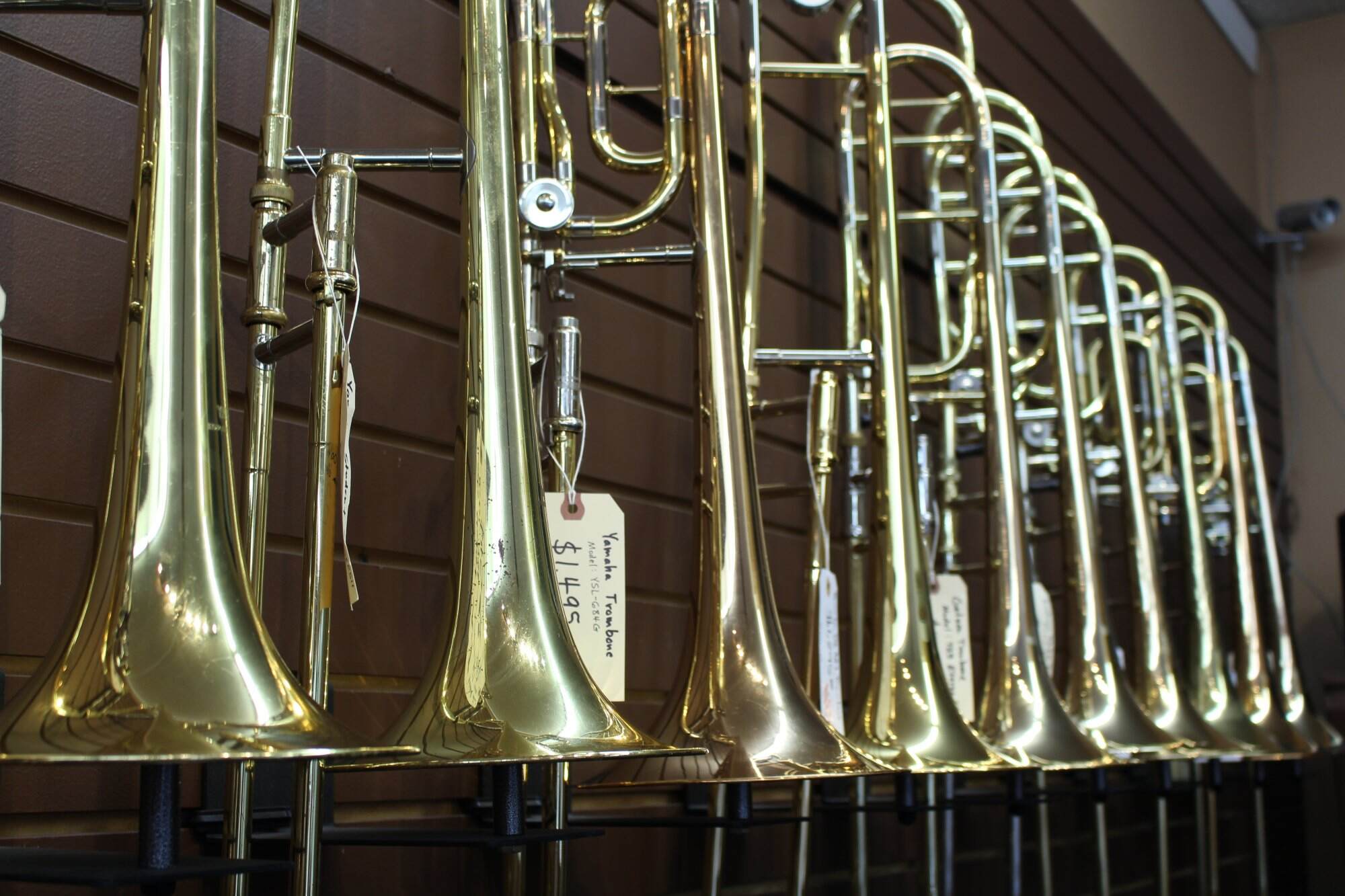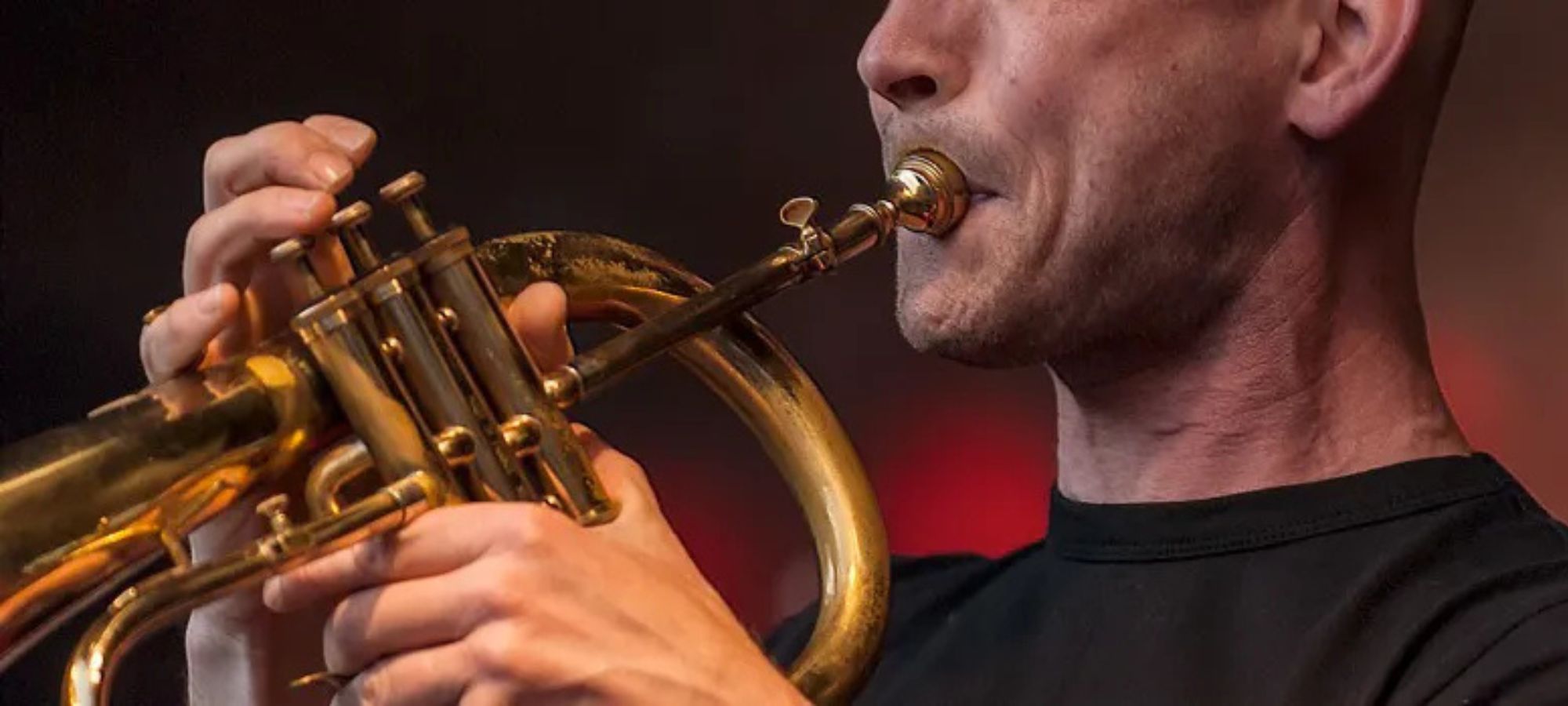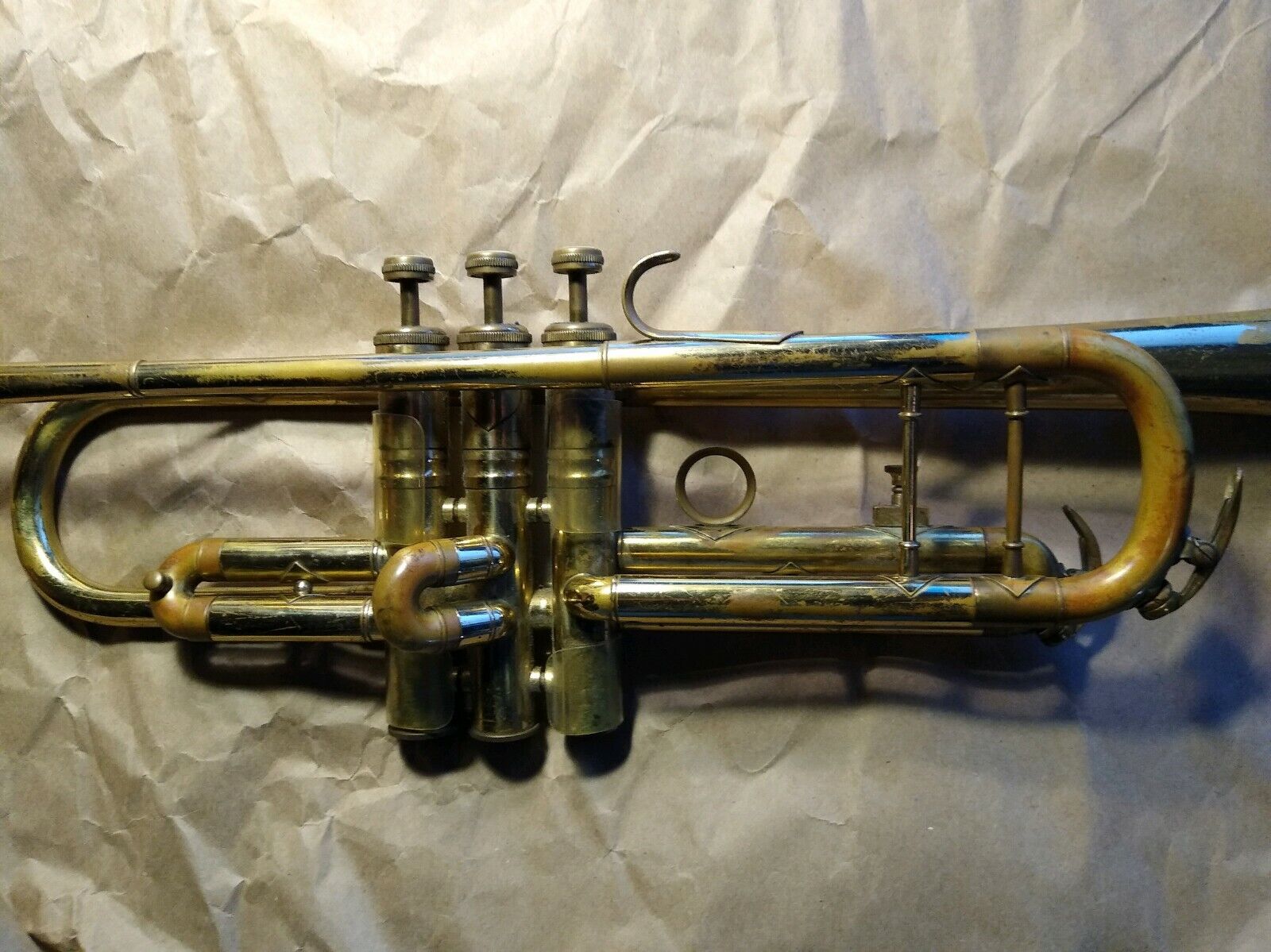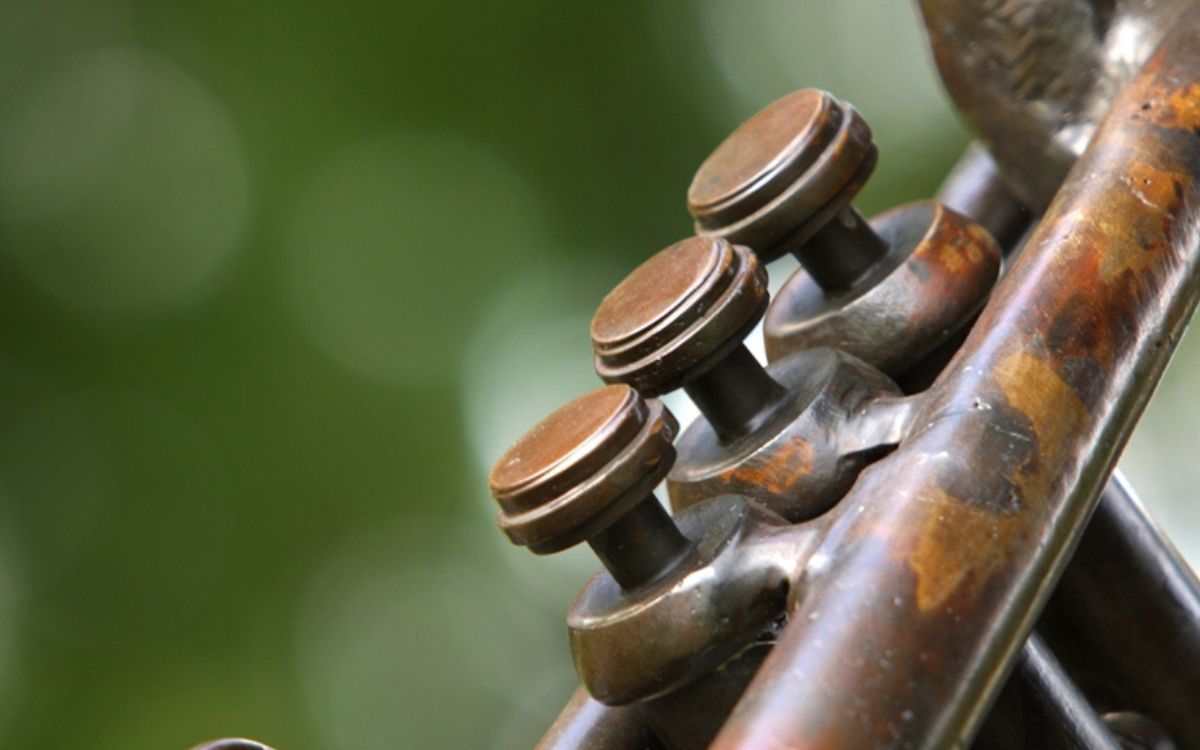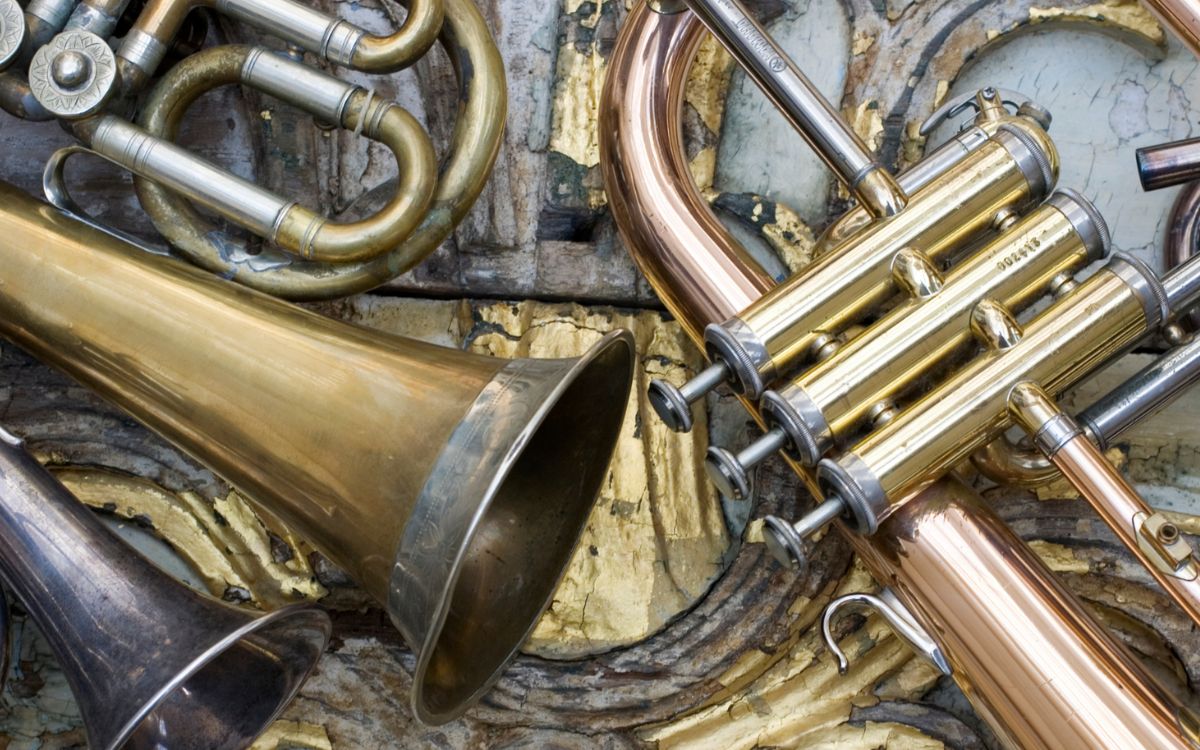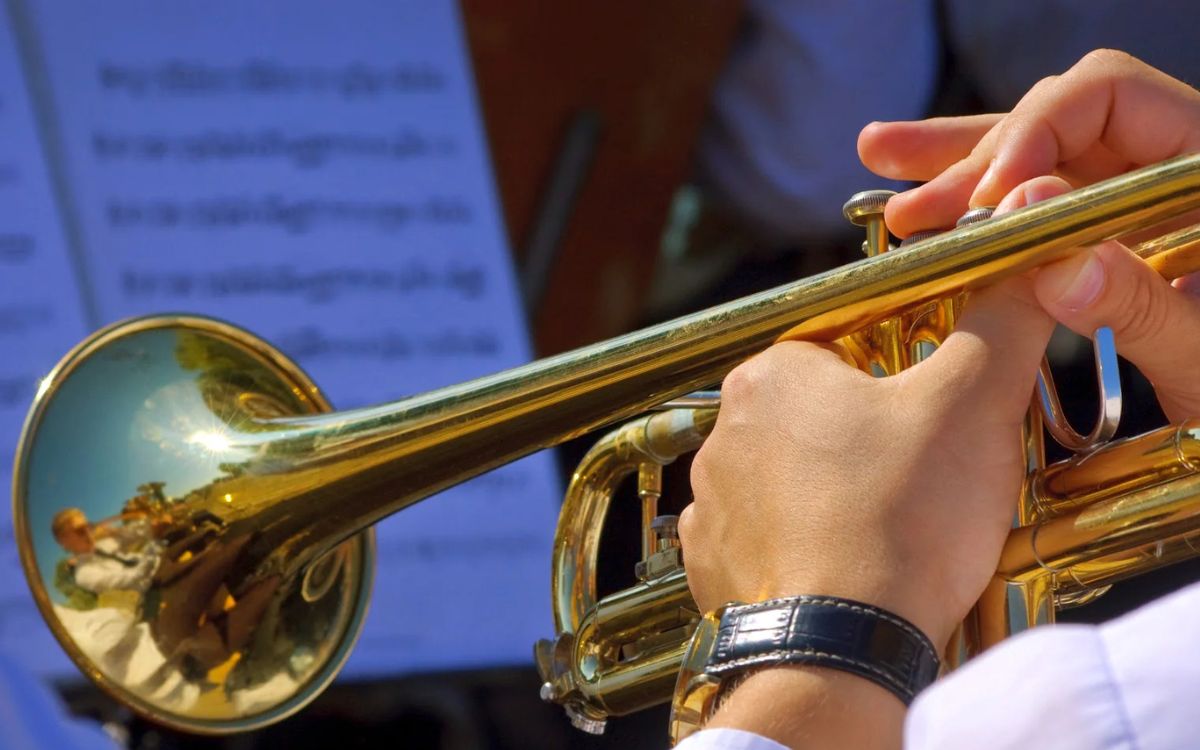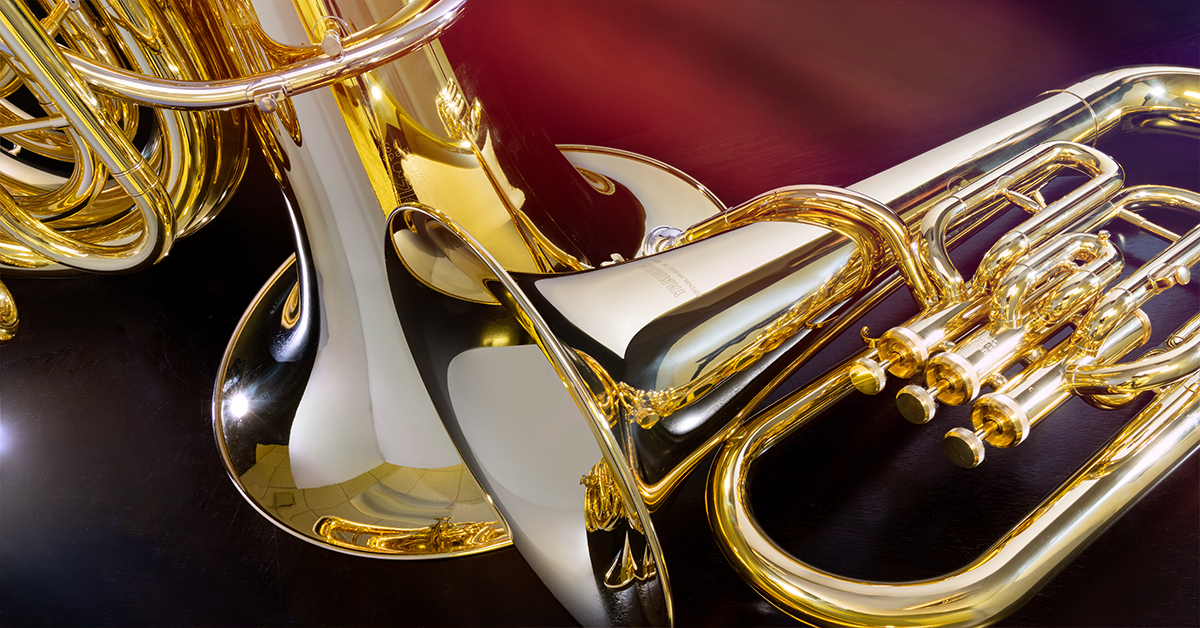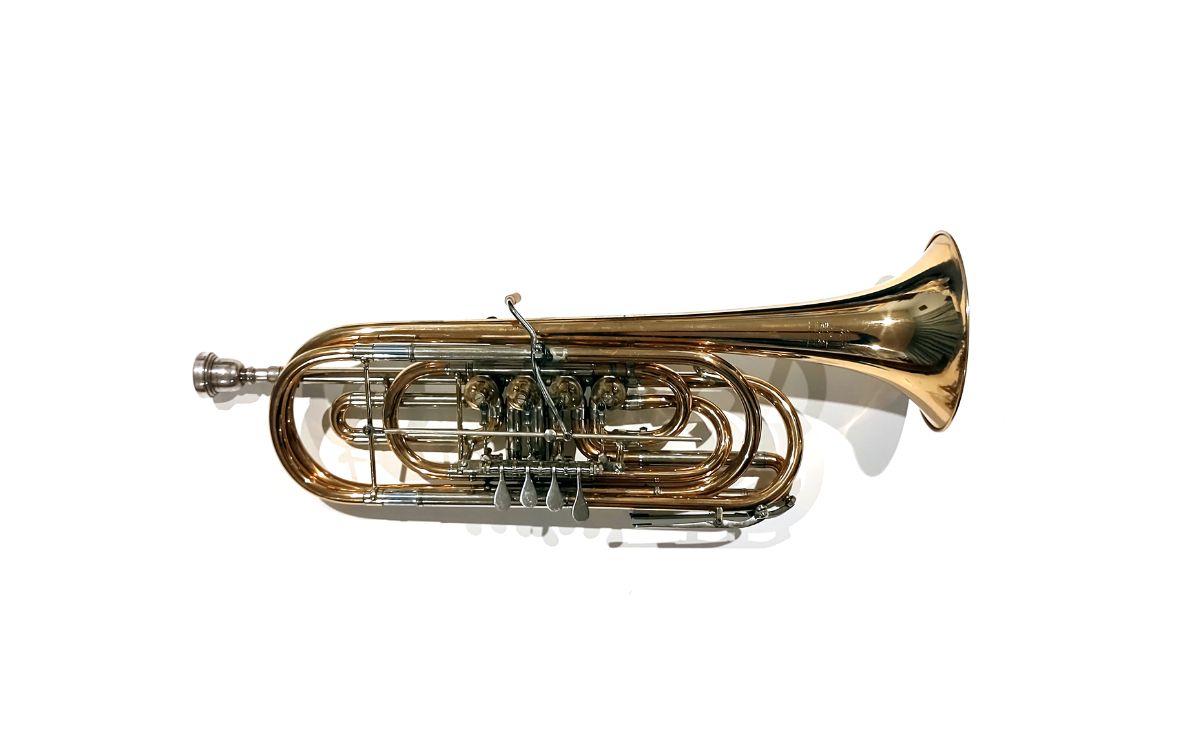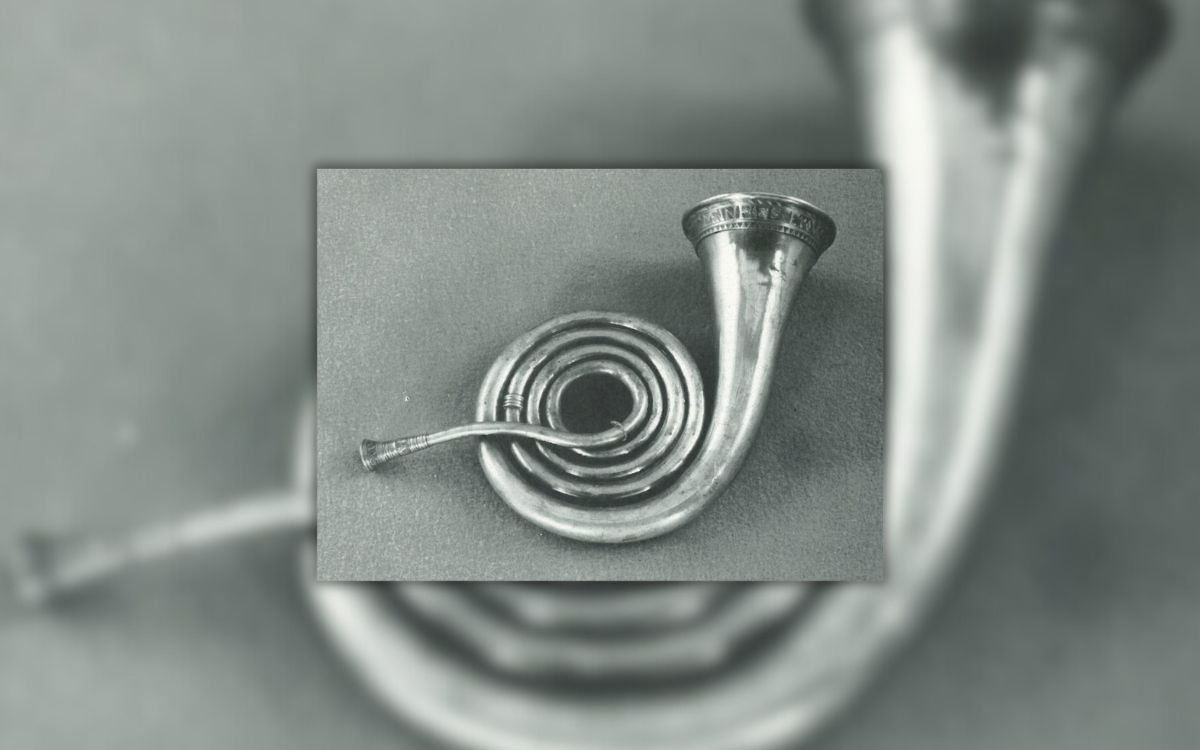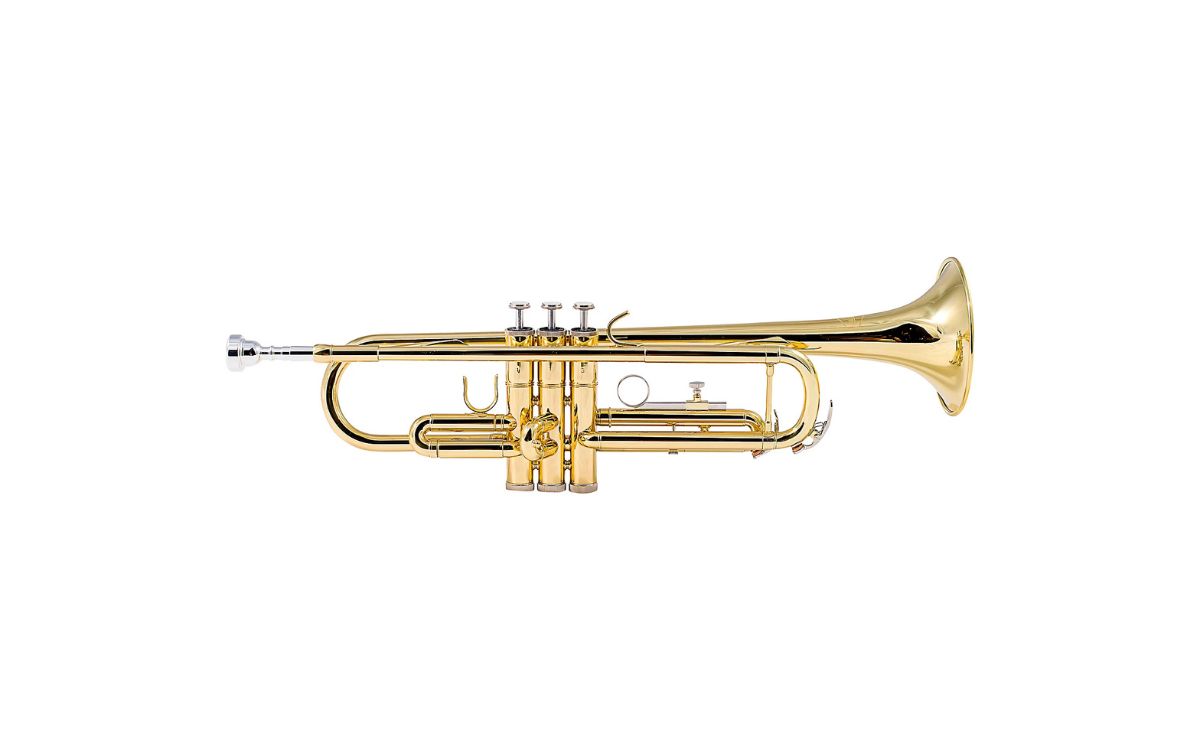Home>Instruments>Brass Instruments>What To Clean Brass Instruments With
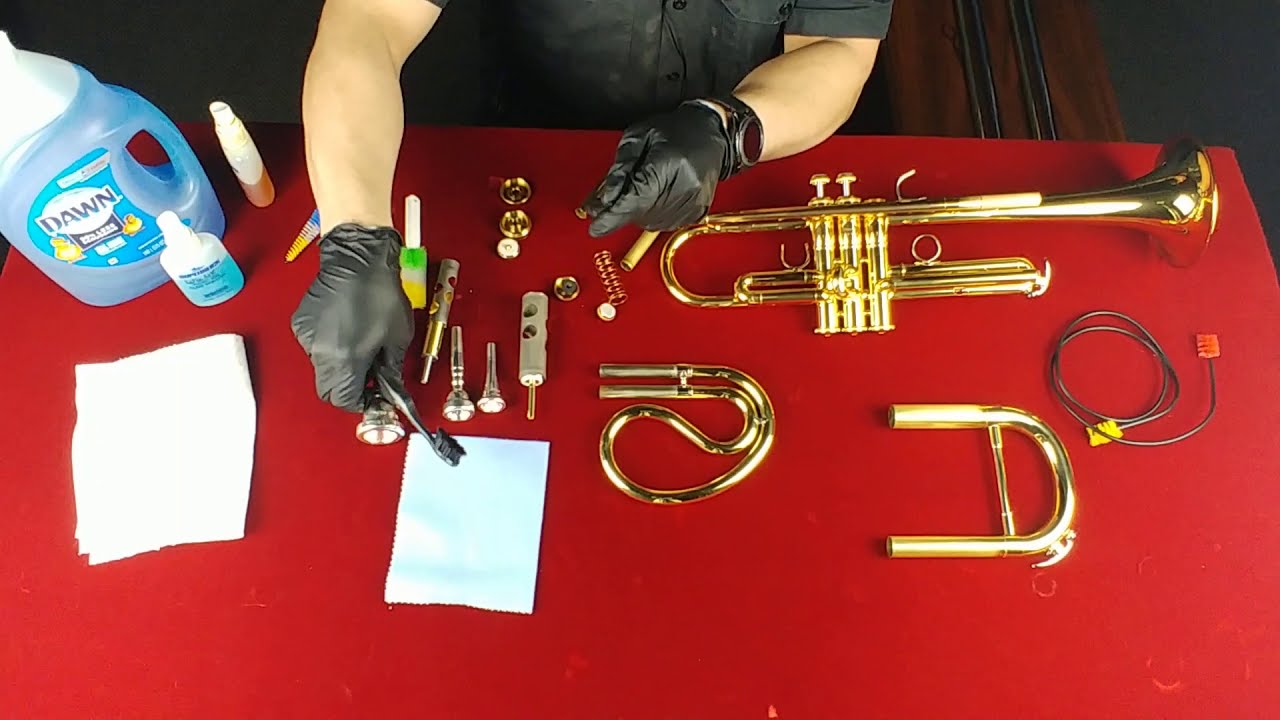

Brass Instruments
What To Clean Brass Instruments With
Published: January 15, 2024
Clean and maintain your brass instruments with the best tools and techniques. Discover the right products to keep your brass instruments in top condition.
(Many of the links in this article redirect to a specific reviewed product. Your purchase of these products through affiliate links helps to generate commission for AudioLover.com, at no extra cost. Learn more)
Table of Contents
Introduction
Brass instruments have a rich history and produce captivating melodies that resonate with audiences across genres. Whether you’re a professional musician or an enthusiastic beginner, taking good care of your brass instrument is essential to maintain its playability and longevity. One crucial aspect of brass instrument maintenance is regular cleaning.
Cleaning your brass instrument not only helps to keep it looking shiny and pristine but also ensures optimal performance. Over time, dirt, grime, and moisture can build up on the surface and inside the instrument, affecting its tone and playability. By maintaining a consistent cleaning routine, you can prolong the life of your brass instrument and ensure its ability to produce a beautiful sound for years to come.
In this article, we will explore the importance of cleaning brass instruments and provide recommendations for the best cleaning materials. Additionally, we will outline a step-by-step process for effectively cleaning your brass instrument, ensuring that you can maintain its appearance and performance at the highest level.
Importance of Cleaning Brass Instruments
Regular cleaning of brass instruments is vital for several reasons. Firstly, cleaning removes dirt, oils, and debris that can accumulate on the surface and inside the instrument. This buildup can not only affect the appearance of the instrument but also hinder its performance. Over time, residue from saliva, oils from your hands, and particles from the environment can build up and impact the instrument’s ability to produce a clear and resonant sound.
Secondly, cleaning helps to prevent corrosion. Brass instruments are typically made of brass, which is an alloy of copper and zinc. Corrosion can occur when moisture, dirt, or salts are left on the surface of the instrument. Over time, corrosion can weaken the metal, leading to leaks, dents, and a decrease in overall performance. Regular cleaning removes these corrosive agents and helps to protect the instrument from long-term damage.
In addition to preserving the instrument’s sound and appearance, cleaning also has hygienic benefits. Brass instruments require the player to blow air into them, creating a moist and warm environment inside the instrument. This environment can be a breeding ground for bacteria and fungi, leading to unpleasant odors and potential health issues. Proper cleaning eliminates these microorganisms, reducing the risk of infections and ensuring a clean and safe playing experience.
Lastly, cleaning your brass instrument shows respect for your craft and instrument. Just like any other skill, playing a musical instrument requires discipline and dedication. Part of this dedication involves taking care of your instrument to ensure it performs at its best. By treating your brass instrument with care and regularly cleaning it, you not only demonstrate your commitment to your music but also extend the lifespan and value of your instrument.
Recommended Cleaning Materials for Brass Instruments
When it comes to cleaning your brass instrument, it is important to use the right materials to ensure effective cleaning without causing damage. Here are the recommended cleaning materials for brass instruments:
- Valve Oil: Valve oil is essential for lubricating the valves of brass instruments, ensuring smooth operation and preventing sticking. Look for a high-quality valve oil specifically designed for brass instruments.
- Slide Grease: Slide grease is used to lubricate the slides of brass instruments, allowing them to move freely for easy adjustments. Choose a slide grease that is compatible with your instrument’s material.
- Bore Brush: A bore brush is a small brush with bristles used to clean the inner tubing of the instrument, removing any dirt or debris that may accumulate. Make sure to choose a brush that is appropriate for your instrument’s size.
- Cleaning Cloth: A soft, lint-free cleaning cloth is essential for wiping down the exterior of the instrument and removing fingerprints, oils, or moisture. Microfiber cloths are a great option as they are gentle on the instrument’s surface.
- Mouthpiece Brush: A mouthpiece brush is used to clean the mouthpiece of brass instruments to ensure hygiene and remove any built-up residue. Look for a brush that is designed specifically for your instrument’s mouthpiece size.
- Warm Water: Warm water is suitable for rinsing your brass instrument after cleaning to remove any cleaning agents or residue. Make sure the water is not too hot to avoid damaging the instrument.
These cleaning materials are easily accessible and can be found at music stores or online. It is important to invest in high-quality products to ensure the best results and avoid any potential damage to your brass instrument.
Cleaning Process for Brass Instruments
Now that we have discussed the importance of cleaning and the recommended materials, let’s walk through a step-by-step process for cleaning your brass instrument:
- Disassemble the Instrument: Begin by disassembling your brass instrument into its main components. This typically includes removing the mouthpiece, slides, and valves. Refer to your instrument’s manual or consult a professional if you are unsure about the disassembly process.
- Valve Cleaning: Start by cleaning the valves. Remove any excess oil from the valves using a clean cloth. Next, apply a small amount of valve oil to each valve, ensuring even coverage. Gently and carefully work the valves up and down to distribute the oil. Wipe away any excess oil and reassemble the valves into the instrument.
- Slide Cleaning: Clean the slides by applying a small amount of slide grease onto the slides. Spread the grease evenly along the length of each slide. Insert the slides back into their appropriate positions and gently move them back and forth to distribute the grease. Wipe away any excess grease.
- Mouthpiece Cleaning: Use a mouthpiece brush to clean the interior and exterior of the mouthpiece. Run warm water through the mouthpiece to rinse away any residue. Ensure that the mouthpiece is thoroughly dry before reassembling it with the instrument.
- Bore Cleaning: For cleaning the inner tubing of the instrument, use a bore brush. Carefully insert the brush into the instrument’s tubing and move it up and down to remove any dirt or debris. Rinse the tubing with warm water to remove any cleaning agents, and thoroughly dry it before reassembling the instrument.
- Exterior Cleaning: Use a clean, lint-free cloth to wipe down the exterior of the instrument. Remove any fingerprints, oils, or moisture to restore the instrument’s shine and prevent corrosion.
Remember to follow the manufacturer’s guidelines and recommendations for cleaning your specific brass instrument. If you have any doubts or concerns, it is always best to consult with a professional or refer to the instrument’s instruction manual for guidance.
Additional Tips for Brass Instrument Maintenance
In addition to regular cleaning, there are several other maintenance tips you can follow to keep your brass instrument in optimal condition:
- Store your instrument properly: When not in use, store your brass instrument in a protective case to prevent dust, dirt, and accidental damage. Make sure the case has a secure latch and provides adequate padding to keep the instrument safe.
- Avoid extreme temperatures: Brass instruments can be sensitive to temperature changes. Avoid leaving your instrument in extreme heat or cold, as these conditions can cause the metal to expand or contract, leading to damage or tuning issues.
- Check for leaks or damage: Regularly inspect your instrument for any signs of leaks, dents, or damage. Pay close attention to key areas such as the joints, valves, and slides. If you notice any issues, consult a professional repair technician to address the problem promptly.
- Oil the valves regularly: To ensure smooth operation, oil your instrument’s valves regularly. Follow the manufacturer’s recommendations for the appropriate frequency and type of valve oil to use. Be careful not to over or under oil the valves, as this can affect their performance.
- Be mindful of hand position: When playing your brass instrument, be mindful of your hand position. Avoid excessive pressure or gripping the instrument too tightly, as this can lead to dents or damage to the tubing. Practice proper technique and seek guidance from a qualified instructor if needed.
- Get regular maintenance and servicing: It is recommended to have your brass instrument professionally serviced at least once a year. A professional technician can inspect and clean the instrument thoroughly, address any repairs or adjustments needed, and ensure its optimal performance.
By following these additional tips, you can maintain the longevity and performance of your brass instrument, allowing you to enjoy playing it for years to come.
Conclusion
Taking care of your brass instrument through regular cleaning and maintenance is crucial for preserving its playability, appearance, and longevity. By incorporating a consistent cleaning routine using the recommended materials, you can remove dirt, oils, and debris, prevent corrosion, and ensure optimal performance.
Remember to disassemble your instrument and clean each component thoroughly, paying close attention to the valves, slides, bore, and mouthpiece. Use high-quality valve oil, slide grease, cleaning cloths, bore brushes, and mouthpiece brushes to achieve effective cleaning without causing damage to the instrument.
In addition to cleaning, following other maintenance tips such as proper storage, avoiding extreme temperatures, and regular inspections can further enhance the lifespan and quality of your brass instrument. Consulting a professional repair technician for regular servicing and addressing any repairs or adjustments needed is also highly recommended.
By respecting your instrument, you demonstrate your dedication to your craft and ensure that your music is performed at its best. Regular cleaning and maintenance not only preserve the beauty and sound of your brass instrument but also contribute to a safe and hygienic playing experience.
So, make cleaning and maintenance a priority in your brass instrument care routine, and enjoy the benefits of a well-maintained instrument that continues to produce captivating melodies for years to come.

